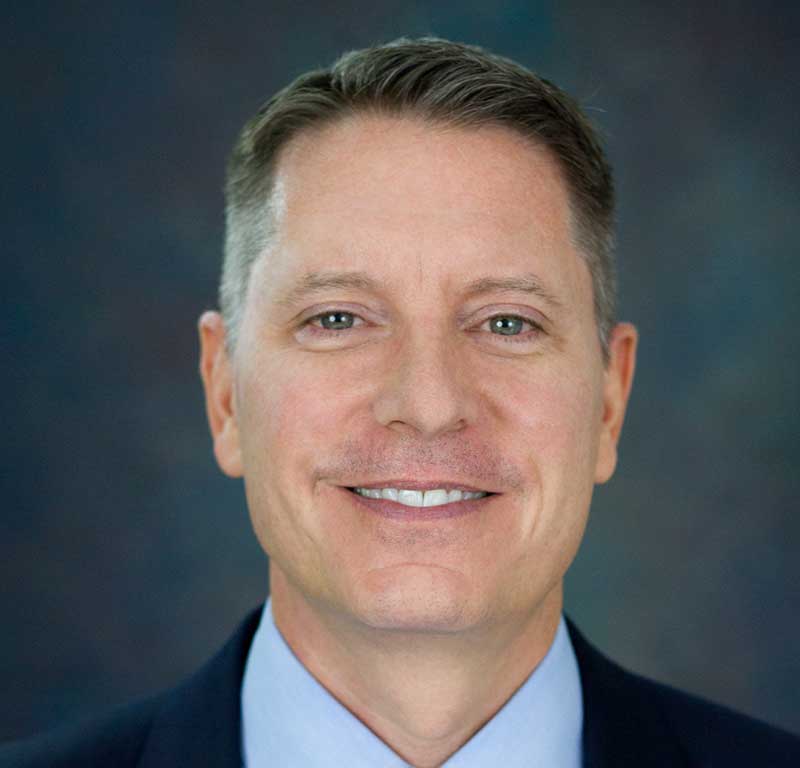Newcomers to the financial planning profession are widely in favor of performing pro bono financial planning for people in crisis or need, according to the findings of a new report by Foundation for Financial Planning (FFP), the 501(c)(3) nonprofit organization said.
FFP released the Survey of Aspiring CFP Professionals on Dec. 3, which details findings of research on the views of students, career-changers and others planning to become certified as financial planners.
The report builds on FFP’s Case for Pro Bono Financial Planning study last year that documented widespread support among current CFP professionals for providing pro bono service, FFP pointed out.
In fact, the new report shows that “support from striving new entrants to the profession is even more intense,” according to FFP.
The new survey was done in collaboration with Hannah Moore, President of Guiding Wealth and Founder of Amplified Planning’s Externship Program for aspiring and rising financial planners.
Over 300 people responded to the survey, which “skewed younger (63% under age 45) and more diverse than the current population of CFP professionals, with about 50% female and 35% people of color,” FFP said.

“The survey results show remarkable support for pro bono service among this rising group of new entrants to the profession,” said Jon Dauphiné, CEO of FFP. “Our findings reflect a deep passion for helping underserved communities, and they underscore the urgent need for educational institutions and employers to step up in supporting these future professionals with the resources and opportunities they need to give back.”
Over 90% of respondents said they planned to obtain CFP certification. The survey found that 9% of respondents previously provided pro bono advice, 76% said they planned to once certified, and 23% remained undecided.
Later in the survey, respondents were made aware that CFP Board recommends a minimum of 20 hours of pro bono service each year. After learning this, 88% of respondents said they planned to meet that benchmark.
Eighty-eight percent of respondents also wanted their educational institutions to offer more content and support to students with an interest in pro bono.

Regarding employment, 83% of respondents said they would be “more likely” (40%) or “much more likely” (43%) to work at a firm that encourages pro bono in its policy, and 73% said that a list of firms supporting pro bono service from their educational institution or registered program would be helpful.
“These rising new entrants into our profession have incredible passion around serving underrepresented groups and giving back to their communities, which becomes a key factor when selecting their employer of choice,” according to Moore. “We believe that they will seek out employers who both understand and actively support this commitment to giving back through activities such as providing pro bono advice.”
Additional factors that respondents said would increase the likelihood of them providing pro bono service included:
- Liability insurance provided at no cost (92%), which FFP provides to volunteers
- Additional pro bono training (91%), which FFP also provides
- Continuing education credit for providing pro bono service (89%)
- Mentorship by more seasoned CFP professionals (71%)
- Virtual (71%) and easy-to-find (68%) volunteer opportunities, which FFP provides
- Skill development via one-on-one pro bono engagements (67%)
“What we are seeing in this group of rising professionals is a desire for RIAs and advisory firms to become more like law firms in the way that they support workers who want to offer pro bono,” said Dauphiné.
Pointing out that FFP convenes a group of firms involved in pro bono called RIA Impact Partners, he added: “We will be working with our partners and other key stakeholders to inform new entrants to the profession about firms that are supportive and successful in helping their advisors meet CFP Board’s benchmark of at least 20 hours of service each year.”
Jeff Berman, Contributing Editor and Reporter at Wealth Solutions Report, can be reached at jberman@wealthsolutionsreport.com.














